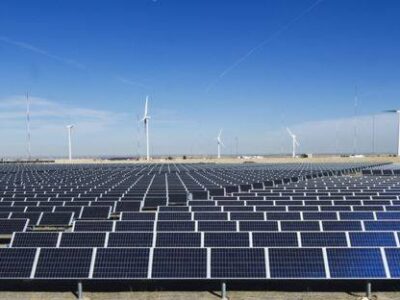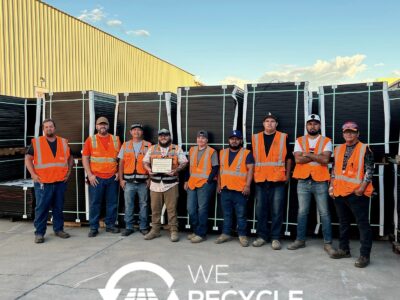Infrastructure Legislation Addresses Drinking Water And Broadband Expansion.
Following the passing of the bipartisan infrastructure law, new federal funding looks set to make improvements across the nation. In contrast to what many Americans fear about this type of spending – that it is a federal overreach, fueled by the coastal states that stand to benefit the most – this is a law that is anything but. Rather, the legislation seeks to empower many of the often overlooked states that do much of the hard work necessary for the nation as a whole to function. One such state is West Virginia, where local senators from both sides of the aisle, Shelley Moore Capito and Joe Manchin, voted for the bill which they heralded as an example of bipartisan collaboration.
There are a wide variety of ways in which this funding is expected to positively impact the state. In total, over $5 billion is being allocated to West Virginia over the next five years. Over half of that, about $3 billion, is expected to come in the form of federally apportioned highway programs and will be used to repair and redevelop the state’s roads. Another $500 million is expected to be used for bridge replacement and repairs over a five-year period. On top of this, the state is eligible to compete for funding as part of the nationwide Bridge Investment Program. This is a program that allows additional federal funding – a little over $12 billion – to be granted to states which have bridge projects that have major economic implications for their surrounding communities.
There is also a provision granting West Virginia $100 million for the expansion of state-wide broadband infrastructure, a significant area of need for the estimated 258,000 residents who currently are without access. “I am glad to see this package include significant funding to help fix the digital divide, something that has been a top priority for me since day one,” said Sen. Capito in a statement.
Capito, who in tandem with fellow West Virginia Senator Joe Manchin, played a large role in bipartisan negotiations on the Hill said she was “incredibly proud” of the efforts that were made along the way by senators of both parties. A particular high point for Capito was that two of her sponsored bills, the Surface Transportation Reauthorization Act and the Drinking Water and Wastewater Infrastructure Act, were included in the final legislative package that passed the Senate. “The inclusion of our bills in the package means West Virginia will receive funding for programs and areas I have long supported, like roads, bridges, water and wastewater projects, construction of the Appalachian Development Highway System and more,” said Capito in a press release. Included in that legislation is over $200 million for West Virginia’s Clean Water State Revolving Fund (SRF) over the next five years.
There are several other funding infusions coming to federal programs, programs from which West Virginia in particular stands to benefit. Nearly $2.5 billion will be invested in the nation’s airports every year for the next five years, including airports in Charleston, Lewisburg, Huntington and Clarksburg. Another $2.5 billion will be allocated to the US Army Corps of Engineers for use in projects to cut down on inland flooding, an issue that affects West Virginia especially. Another $200 million is going to the same group’s environmental infrastructure assistance authorities – three of which are in the state – for use in water and wastewater improvement projects. A final $1 billion is being directed to the Appalachian Regional Commission and will be used for various economic and community projects throughout the region.
Updated May 2nd 2022





